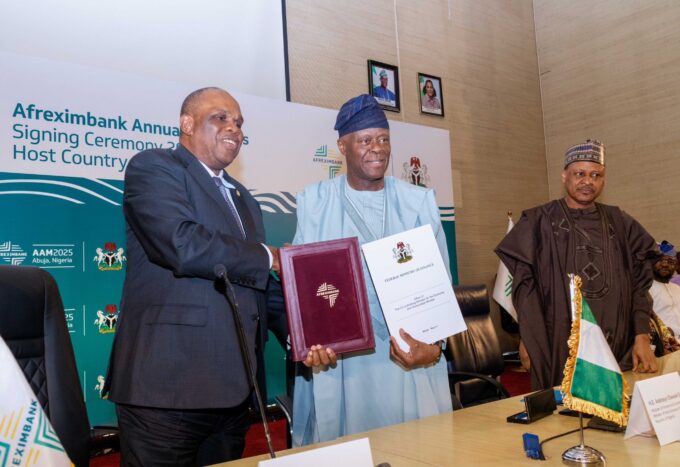August 3, 2018/FSDH Research
FSDH Research expects the inflation rate (year-on-year) to drop to 11.01% in July 2018 from 11.23% recorded in the month of June. The expected decrease in the inflation rate is largely attributable to the base effect of the previous year. In addition, we observe a slower increase in the price of some food items in July than in June. The National Bureau of Statistics (NBS) is due to release the inflation rate for the month of July on Wednesday, 15 August 2018.
The Food Price Index (FPI) published by the Food and Agriculture Organization (FAO) for the month of July 2018 indicates that the Index averaged 168 points in July 2018, 3.73% lower than the June value, and the first significant month-on-month decline since December 2017. According to the FAO, all the sub-indices reflected a notable drop in values. The FAO Dairy Index fell by 6.59% from June 2018 as the prices of butter, cheese, skim milk powder and whole milk powder eased in July.
The FAO Sugar Price Index was down by 6.01% on the heels of reports on improved supply conditions in the main sugar producing region of India and Thailand. The FAO Cereal Price Index was down by 3.58%, largely driven by weaker export quotations for maize, rice and wheat. The FAO Vegetable Oil Price Index was down by 2.88%, marking a two and half year low and the sixth consecutive month fall in the index. This was as a result of abundant inventory levels coupled with a favourable outlook for global supply and weak export demand of soy and palm oil. The FAO Meat Price Index was also down by 1.88% as prices of bovine, pig and poultry meat declined due to reduced demand.
Our analysis indicates that the value of the Naira depreciated marginally at the Nigerian Autonomous Foreign Exchange (NAFEX), while it appreciated at the parallel market to end July 2018. The value of the Naira depreciated by 0.03% to close at US$/N361.20 at the NAFEX market while it appreciated by 0.84% at the parallel market to close at US$/N359 to end July. The general decline in the international prices of food coupled with the appreciation in the value of the Naira at the parallel market muted the prices of imported consumer goods in Nigeria between the two months under review.
The prices of most of the food items we monitored in July 2018 moderated compared with June, while a few items recorded price appreciation. The movement in the prices of food items during the month led to a 1.18% increase in our Food and Non-Alcoholic Index. This Index increased year-on-year by 12.57%, up from 248.82 points recorded in July 2017. We also observed an increase in the prices of Transport and Housing, Water, Electricity, Gas & Other Fuels divisions between June and July 2018. We estimate that the increase in the Composite Consumer Price Index (CCPI) in July would produce an inflation rate of 11.01%, lower than the 11.23% recorded in June.














